- MindByte Weekly Pulse: Quick GitHub, Azure, & .NET Updates
- Posts
- MindByte Issue #49: AI Frontiers and Cloud Innovations: Navigating the Latest Tech Wave
MindByte Issue #49: AI Frontiers and Cloud Innovations: Navigating the Latest Tech Wave
From GitHub Universe Highlights to .NET 8 Breakthroughs: Your Weekly Tech Insight
Welcome back to my newsletter! Last week was unique as I released a special double edition focused on GitHub Universe, an event I had the privilege of attending.
The experience was filled with groundbreaking insights and stimulating discussions. However, the jet lag from the trick to the USA led to me missing the regular newsletter schedule.
This week, I'm back and energized to share the latest and most exciting developments in GitHub, Azure, and .NET with you. Let's dive into the fresh and captivating topics in our tech community!
Pulse of the week
Last week's GitHub Universe was a landmark event, heavily focused on AI innovations.
The major announcements centered around GitHub Copilot's evolution into a full-fledged AI-powered platform. Highlights included the upcoming general availability of GitHub Copilot Chat with GPT-4 integration, its expansion to GitHub.com and the mobile app, the introduction of GitHub Copilot Enterprise for 2024, the launch of the GitHub Copilot Partner Program, and new AI-powered security features in GitHub Advanced Security.
These developments signal a significant move towards AI-driven software development at GitHub.
GitHub Digest
GitHub's Realtime GitHub: Transforming Collaboration in Software Development
GitHub's new project, Realtime GitHub, is pioneering the future of online collaboration in software development. It presents an innovative prototype for real-time, multiplayer collaboration within a repository.
This tool allows teams to edit files together instantly, with a focus on rich-text documents, enhancing workflows like meeting notes, site copy, and design documents creation. Importantly, it integrates both real-time and asynchronous collaboration, merging Google Docs-like editing with GitHub’s robust version control.
This breakthrough could significantly streamline the collaborative process in software development, especially for teams requiring seamless integration of ideation, design, and coding.
GitHub's Copilot Workspace: From Issue to Implementation in a Snap
Copilot Workspace, showcased at GitHub Universe, represents a significant leap in AI-assisted software development. It transforms the way developers approach complex tasks, from conceptualization to execution.
Starting from a GitHub issue, Copilot Workspace comprehensively understands the task, considering all aspects of the codebase and issue context.
It then proposes solutions, plans, and actual code, streamlining the development process. This advanced tool operates across entire repositories, affecting multiple files and languages, embodying a new era where AI acts as a developer's "second brain," elevating productivity and creativity in software creation.
Seamless Account Switching on GitHub.com
GitHub.com now enables seamless switching between multiple accounts, eliminating the need to re-enter credentials.
This feature is especially beneficial for developers who manage both Enterprise Managed User accounts and personal accounts for open-source contributions.
It ensures distinct privileges for each account, providing secure access without mixing permissions. Account sessions last for two weeks, with SAML/OIDC SSO authorization potentially requiring more frequent reauthorization.
GitHub Copilot Introduces Content Exclusion in Beta
GitHub Copilot Business customers now have access to a new feature in public beta: Copilot Content Exclusion.
This tool allows organization administrators or repository owners to specify files or repositories that should not inform Copilot's code completion suggestions.
The feature currently applies to Copilot Code Completion in VSCode, ensuring sensitive data in excluded files remains private. This beta phase is a crucial step towards enhancing user privacy and control, with plans to extend the feature to Copilot Chat and other IDEs soon.
Copilot in the CLI
GitHub Copilot is now available in the CLI as well. You can use it to ask for explanations of commands or to perform suggestions.

GitHub Copilot explaining the ls command
In the above screenshot, you see an explain command of the ls command.
Install the GitHub CLI first and extend it with the extension:
gh extension install github/gh-copilot
GitHub Copilot Chat Enters Private Beta for JetBrains Users
GitHub Copilot Chat, an advanced AI-assisted coding tool, is now entering private beta for JetBrains IDEs users, including Rider, IntelliJ, PyCharm, WebStorm, and Android Studio.
This beta version is available to Copilot Business and Individual users, offering them a more intuitive coding experience in their preferred natural language.
Copilot was already available for some time, but the chat functionality allows for a more natural way to interact with the AI model.
Azure Updates & Insights
Flex Consumption: Bridging the Gap in Azure Functions Hosting
Azure Functions Flex Consumption emerges as a game-changer, addressing the limitations of the serverless Consumption plan and the more expensive Premium SKU. The Consumption plan, while cost-effective, has lacked crucial networking features like private endpoints and VNet integration. The Premium plan offers these features but at a higher cost.
Flex Consumption uniquely combines the best of both worlds. It brings private networking capabilities, similar to the Premium plan, into a serverless billing and scale model. This allows secure access to VNet services and scaling flexibility without a steep price increase. Additionally, it introduces customizable scaling options, 'always ready' instances for cold start mitigation, extended execution times, and zone redundancy for higher availability.
By providing private networking and enhanced scaling features at a serverless cost, Flex Consumption is particularly appealing for projects needing advanced network security without the financial burden of the Premium SKU. It represents a significant stride in serverless computing, offering a balanced solution for diverse application requirements.
Discover the transformative updates in Azure's Cost Management
Key features include innovative cost views for Azure Kubernetes Service (AKS), providing granular cost insights per application, and improved cost management exports for enhanced FinOps practices.
Additionally, the latest pricing updates are set to streamline your cost estimation process. Dive into the details and get ready for a more efficient, cost-effective Azure experience.
.NET Nook
Introducing .NET 8: Powering Up Cloud and Web Development
.NET 8 marks a pivotal evolution in web and cloud application development, offering an array of features that significantly enhance performance, scalability, and developer productivity. Key highlights include:
ASP.NET Core in .NET 8: A comprehensive solution for modern web development, covering both front-end and back-end needs. With Blazor, it offers rich web experiences and high-performance back-end APIs, ideal for cloud-native applications.
Performance Leap: .NET 8 boasts an 18% speed increase over its predecessor in the Techempower JSON benchmark and a 24% boost in the Fortunes benchmark, making it the fastest release yet.
Native AOT Support for ASP.NET Core: This feature significantly enhances cloud-native API applications by allowing ahead-of-time compilation to native code, resulting in smaller deployment sizes, quicker startups, and reduced memory usage.
Full Stack Web UI with Blazor: Blazor has evolved into a full-stack framework in .NET 8, blending client and server capabilities for an optimized web UI experience, including static server-side rendering, enhanced navigation, and streaming rendering.
Azure Functions Integration: .NET 8 extends its support to Azure Functions, especially for applications using the isolated worker model. This includes several key updates in the isolated worker model, enhancing the authoring experience of Azure Functions.
Azure Functions v4 Programming Model for Node.js: This release introduces a flexible and intuitive programming model for Node.js, contributing to Azure Function’s goal of offering a versatile experience across all supported languages.
Additional Enhancements: The update includes higher default values for Azure Functions Event Hubs, enhanced distributed tracing for Java Function applications, support for Python 3.11, and support for Apple Silicon Macs, among other features.
Exciting New Additions: Features like the Kubernetes Event-driven Autoscaling (KEDA) add-on, Azure Functions Flex Consumption, support for Node.js 20, and the Dapr extension for Azure Functions further enhance the capabilities of .NET 8, making it a versatile and robust framework for developers.
This release of .NET 8 is a testament to Microsoft's commitment to driving innovation and efficiency in the development ecosystem, making it a game-changer for developers and organizations alike.
Introducing .NET Aspire: Revolutionizing Cloud-Native Development
.NET Aspire, unveiled with .NET 8, marks a breakthrough in cloud-native development. This robust platform is designed to significantly simplify the complexities of building cloud-based applications. It stands out with its opinionated stack, integrating essential components for service discovery, telemetry, and resilience right from the start.
Key features include a user-friendly starter template in Visual Studio, an innovative developer dashboard for comprehensive monitoring, and an application model that facilitates seamless orchestration of cloud-native components. Observability is a cornerstone, with built-in support for logging, metrics, and tracing through Open Telemetry.
Moreover, .NET Aspire greatly enhances service discovery, enabling efficient communication between distributed services. Its container-first deployment approach simplifies the process of publishing applications to cloud environments, particularly Azure. Importantly, .NET Aspire can be incrementally adopted in existing .NET applications, making it a versatile tool for both new and ongoing projects.
In essence, .NET Aspire is set to redefine the development landscape, offering a streamlined, efficient, and intuitive approach to cloud-native application development.
Streamlining AI Responses in .NET Applications
Aaron Powell's latest article in the "Generative AI for .NET" series introduces streaming responses for AI models, enhancing interactivity and reducing wait times. This method, different from traditional blocking API calls, sends response chunks as they're generated.
Utilizing GetChatCompletionsStreamingAsync and asynchronous iteration, developers can offer a more dynamic user experience, similar to platforms like ChatGPT. This approach is crucial for .NET developers seeking to create responsive, real-time AI interactions.
Closing Thoughts
Thank you for joining me in this week's journey through the latest in GitHub, Azure, and .NET. Your engagement and curiosity drive this newsletter, and I'm grateful for your continued readership.
If you haven't already, please consider subscribing to stay updated with our weekly insights and explorations.
Until next time, keep innovating and pushing the boundaries of technology!

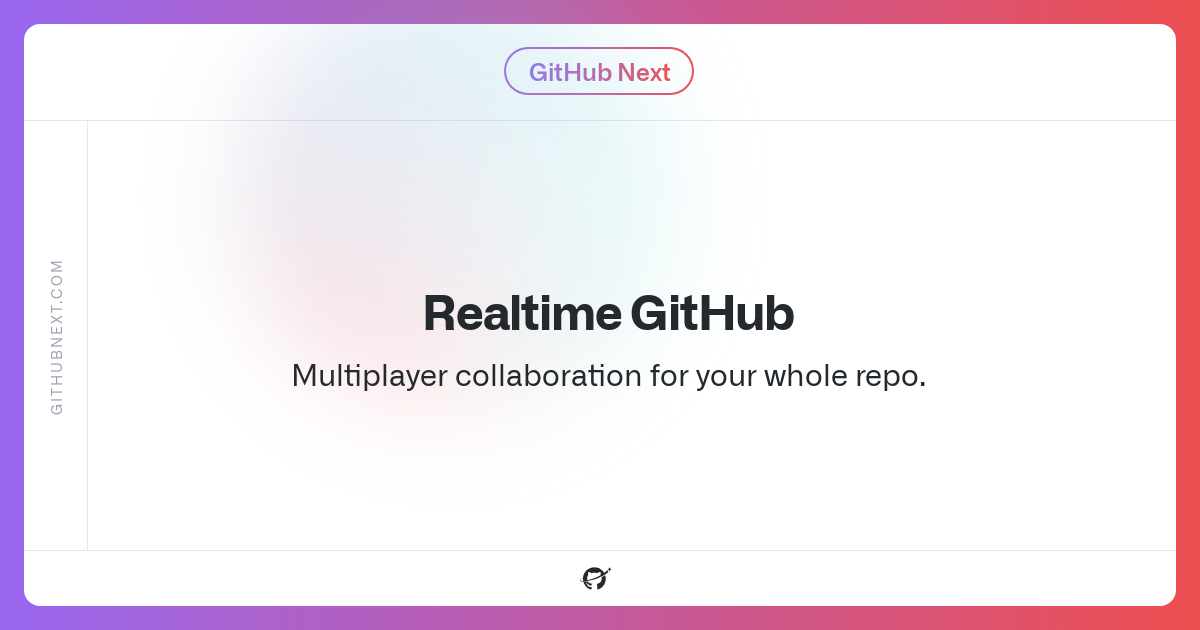
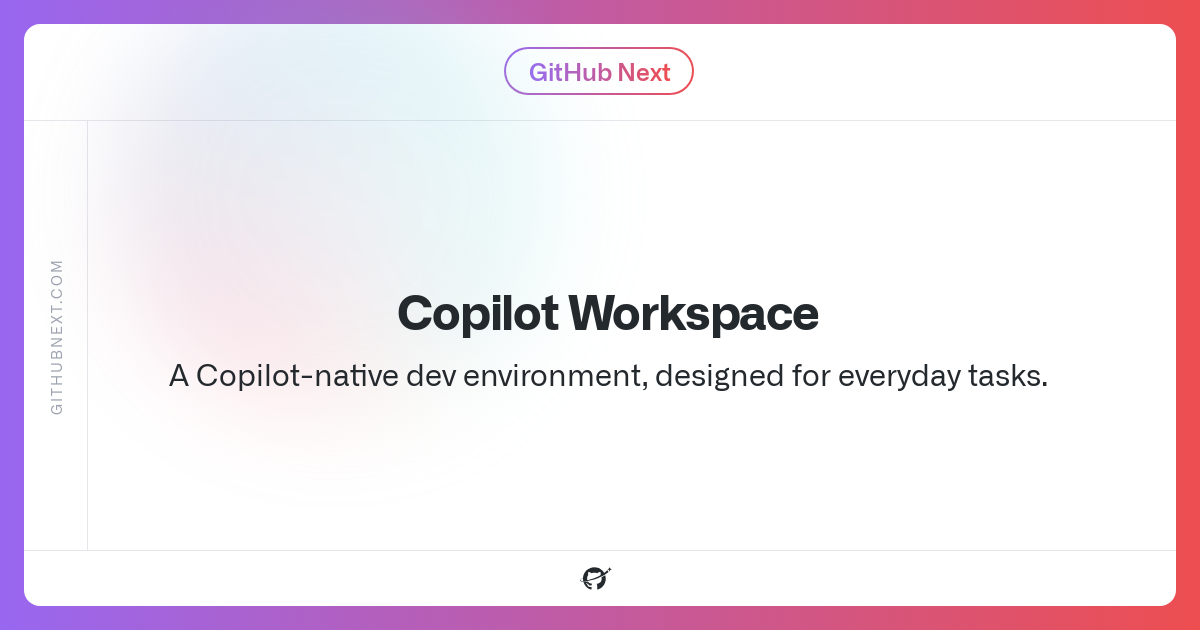



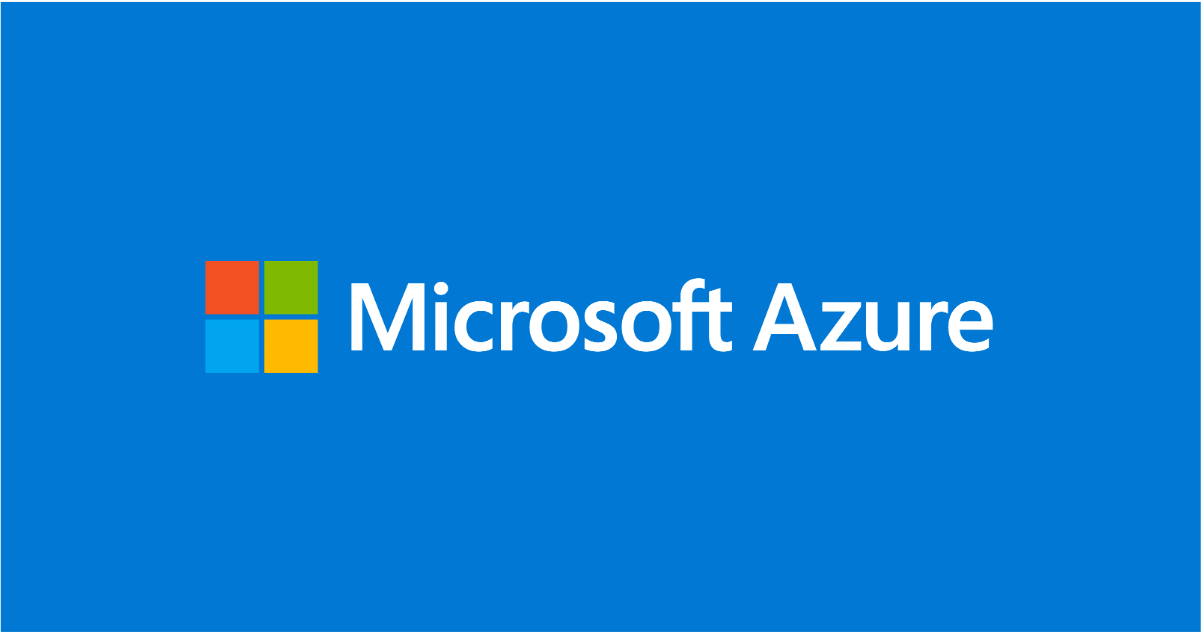

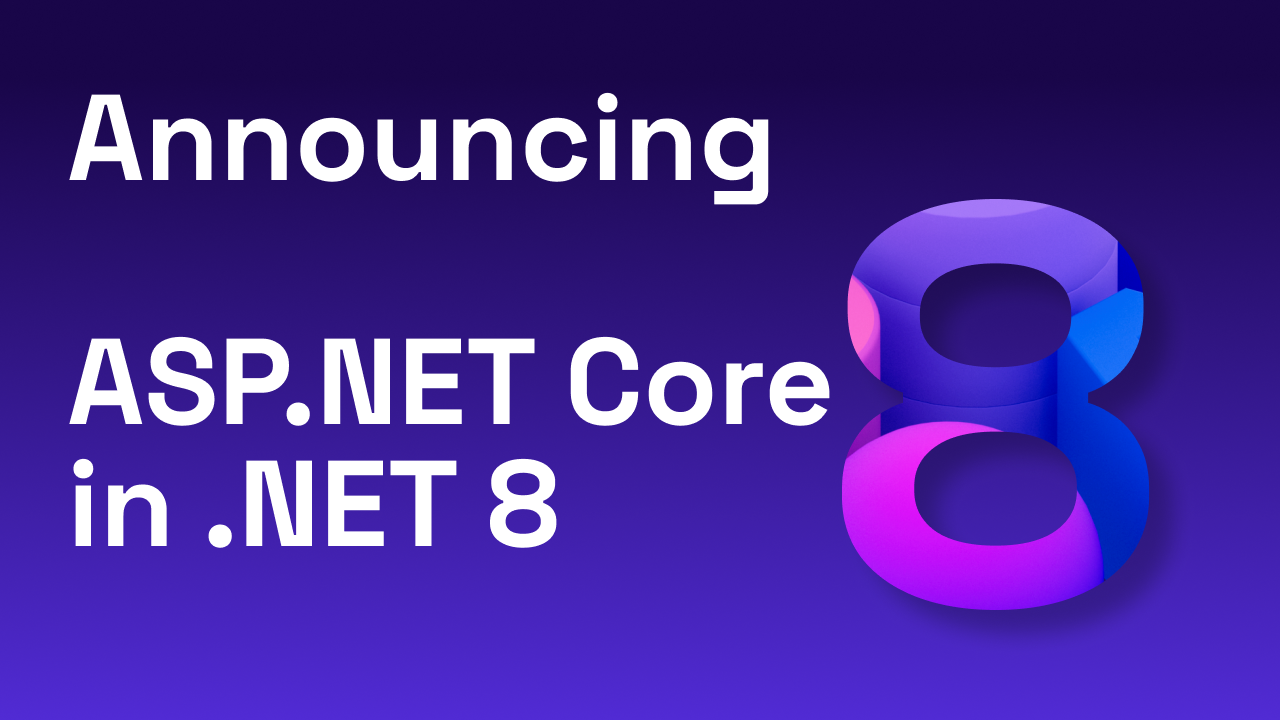

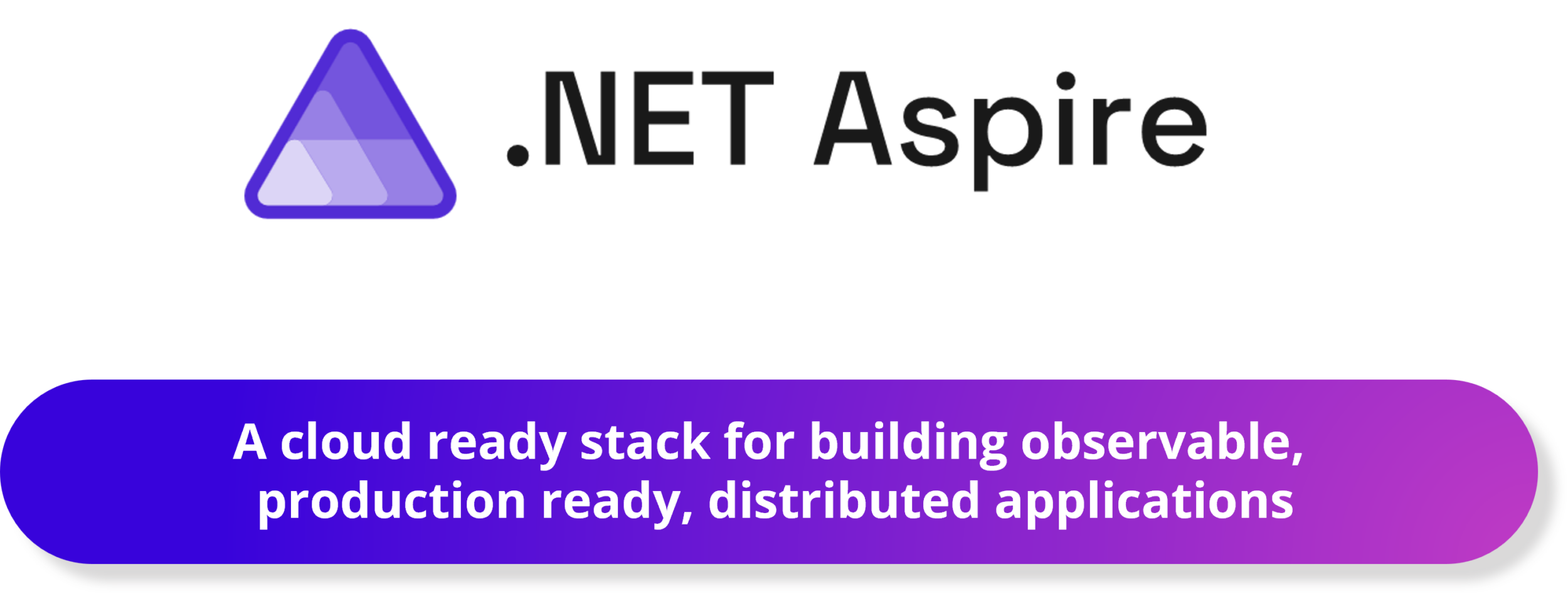
Reply